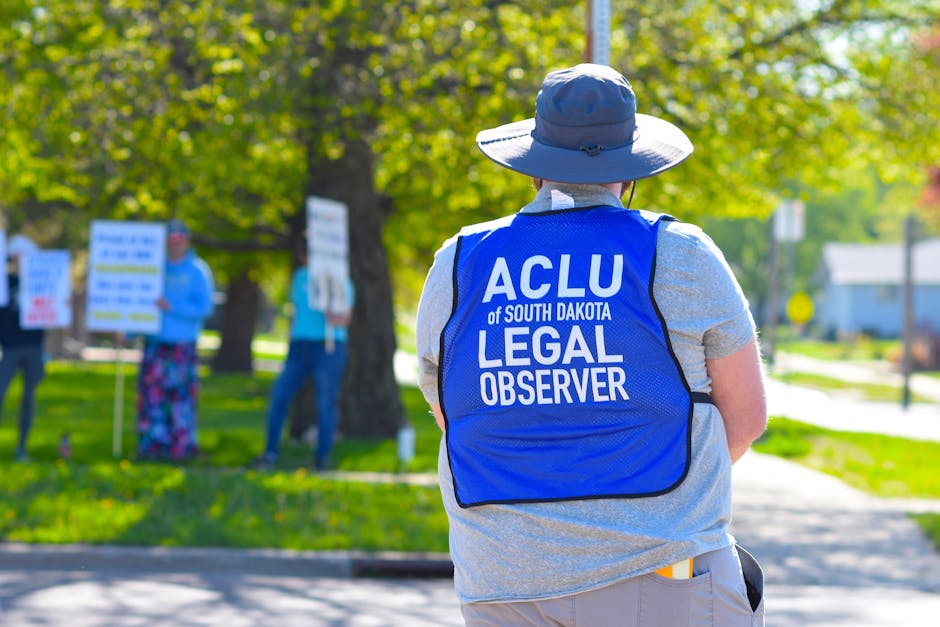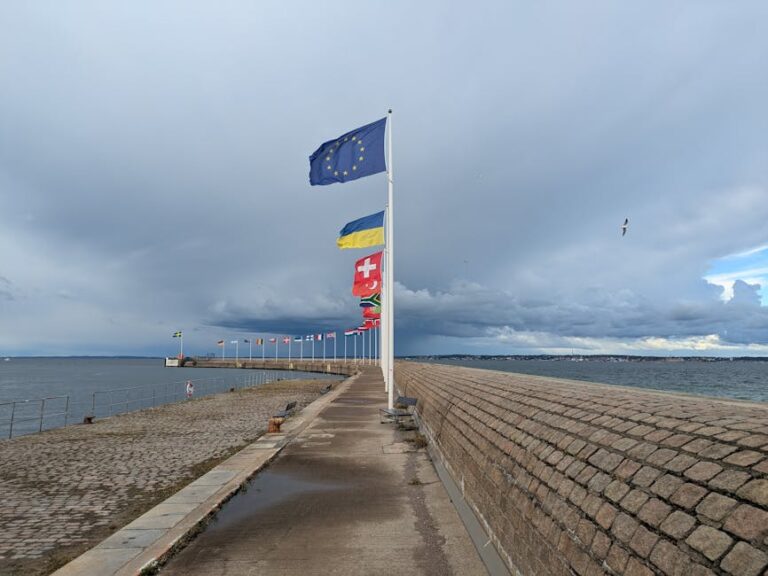Hundreds of individuals are currently imprisoned in Pakistan under blasphemy accusations. Rights groups report some cases involve deliberate online entrapment tactics.
Pakistan’s stringent blasphemy laws have led to widespread accusations. These laws carry severe penalties, including life imprisonment and the death penalty. Many cases remain in preliminary stages for years.
Allegations of blasphemy are often difficult to defend against. The mere accusation can incite public anger and violence. Courts sometimes struggle with the evidence presented.
Human rights organizations have raised serious concerns. They highlight that these laws are frequently misused. Vulnerable communities often become targets.
Recent reports point to an increasing number of online cases. Accusers sometimes fabricate digital conversations. These digital traps ensnare unsuspecting individuals.
These entrapment schemes exploit the sensitive nature of blasphemy laws. They create a climate of fear and suspicion. Justice remains elusive for many accused.
Entrapment Tactics Surface
Legal advocacy groups are documenting these trends. They cite instances where individuals are provoked online. Fabricated evidence is then used for complaints.
The National Commission for Justice and Peace documented many such cases. They have tirelessly worked to provide legal aid. Their efforts are often hampered by societal pressure.
Activists report that personal disputes can escalate. Accusations of blasphemy are weaponized to settle scores. This trend undermines the justice system.
Young people and religious minorities are particularly vulnerable. They may not fully understand the legal ramifications. Their digital interactions can be monitored.
Families of the accused face immense social stigma. They also endure significant financial burdens. Legal representation is often costly.
The Pakistani judicial system faces challenges. It must balance religious sensitivities with due process. The sheer volume of cases is overwhelming.
Some legal experts believe procedural safeguards are weak. This allows for hasty arrests and detentions. Investigations can be biased.
A Path to Justice
The Pakistani government has acknowledged concerns. However, systemic reform remains slow. International bodies have called for review.
Rebuilding a Life
The long periods spent in detention take a toll. Survivors often face difficulties reintegrating into society. They may experience social ostracization.
Many accused individuals have spent years awaiting trial. Their lives are essentially frozen by the charges. Release often comes after lengthy legal battles.
Human rights groups estimate over 400 people are currently in prison across Pakistan facing blasphemy allegations, many awaiting trials that can last for years.
Support networks are crucial for these individuals. They provide emotional and practical assistance. Lawyers often work pro bono.
International pressure continues to mount on Pakistan. Calls for reform are persistent. The focus remains on fair trials.
The potential for mob violence complicates matters. Extrajudicial actions are a constant threat. Security for the accused is paramount.
The current legal framework offers limited protection. Amendments have been proposed but not enacted. The debate over free speech versus religious sanctity continues.
The psychological impact on those accused is profound. Long incarceration erodes mental well-being. Trauma from accusations is deeply ingrained.
Rehabilitation and support post-release are critical. Many struggle to find employment. Stigma follows them long after acquittal.
The international community watches closely. The situation highlights broader human rights issues. Pakistan’s commitment to justice is tested.
Future reforms could address procedural loopholes. They might also focus on penalizing false accusers. Such measures are essential for true justice.
The ongoing imprisonment of hundreds on blasphemy charges underscores a critical human rights challenge. Future legal reforms must prioritize fair trials and protect against misuse of the law.




